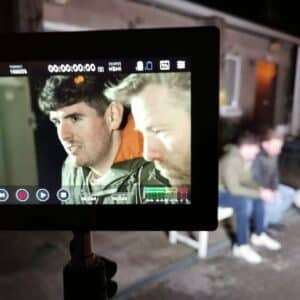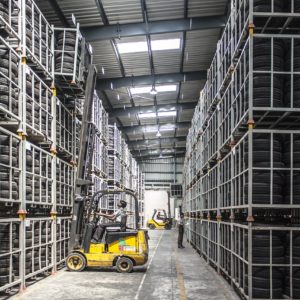Doctoral training in academic publishing and social media in academia is increasingly recognized as a crucial component of a researcher’s skill set.
These areas are important for doctoral students for:
- Dissemination of Research:
- Academic publishing is the primary way scholars share their research findings with the broader academic community. Learning how to navigate the publication process is vital for disseminating research effectively.
- Building a Research Profile:
- Publishing in reputable academic journals and conferences contributes to building a researcher’s profile. This is important for career progression, networking, and attracting potential collaborators.
- Credibility and Recognition:
- Having work published in peer-reviewed journals enhances the credibility of the research. It adds a level of validation and recognition within the academic community.
- Contribution to the Field:
- Academic publishing allows researchers to contribute to the advancement of knowledge in their field. It provides a platform to share insights, methodologies, and discoveries with fellow scholars.
- Navigating the Publishing Process:
- Doctoral training in academic publishing involves understanding the submission process, peer review, revisions, and the intricacies of different publication platforms.
- Understanding Impact Factors:
- Training in academic publishing includes awareness of impact factors and citation metrics. Researchers learn how to select journals that align with their work and maximize its visibility.
- Open Access and Ethical Considerations:
- Doctoral students are introduced to the concept of open access publishing and the ethical considerations surrounding authorship, plagiarism, and research integrity.
- Engaging with Social Media:
- Social media is increasingly recognized as a valuable tool for academics. Doctoral training may involve understanding how platforms like Twitter, LinkedIn, or ResearchGate can be used to share research, connect with peers, and engage with a wider audience.
- Networking and Collaboration:
- Social media platforms provide opportunities for doctoral students to connect with scholars globally, fostering collaboration, and staying updated on the latest research trends.
- Communicating Research to Non-Academic Audiences:
- Training in social media includes learning to communicate research findings to a broader audience, including policymakers, industry professionals, and the general public.
- Research Impact and Altmetrics:
- Understanding alternative metrics (altmetrics) and the broader impact of research beyond traditional citations is a valuable aspect of doctoral training.
- Time Management and Online Presence:
- Balancing academic publishing and social media engagement requires effective time management. Doctoral students learn how to maintain a professional online presence without it becoming a distraction.
- Adapting to Changing Trends:
- Doctoral training equips researchers with the skills to adapt to the evolving landscape of academic publishing and social media, including staying informed about new tools and platforms.
Irish Humanities Alliance is hosting Doctoral Training: Academic Publishing & Social Media in Academia on Friday, 18 February 2022 from 10:30 – 13:30.
Register here.
This Doctoral training event is on publishing and social media, for arts and humanities PhD students in Ireland, North and South.
Doctoral Training: Academic Publishing & Social Media in Academia
10.30-10.45 Introductions
10.45-11.45 Panel One: Academic Publishing
Prof. Rebecca Braun, NUIG, co-editor German Life & Letters
Brendan George, Palgrave Macmillan, Philosophy publisher
Sarah Lewis, University of Wales Press, Head of Commissioning
Dr Clodagh Tait, MIC, co-editor Irish Historical Studies
11.45-12.15 Coffee Break
12.15-13.15 Panel Two: Social Media in Academia
Dr Leanne McCormick, UU, Senior Lecturer in Modern Irish Social History
Dr Tanya Lokot, DCU, Associate Professor in Digital Media and Society
Dr Dónal Mulligan DCU, Lecturer and Researcher, School of Communications
Dr Fióna Gallagher DCU, Postdoctoral Fellow, School of History & Geography
13.15-13.030 Conclusions
In September 2013 the Irish Humanities Alliance (IHA) was established as a joint initiative of humanities researchers within 11 higher education and research institutions including all the universities across the island of Ireland and the Royal Irish Academy (RIA) which hosts and supports the IHA.












Comments